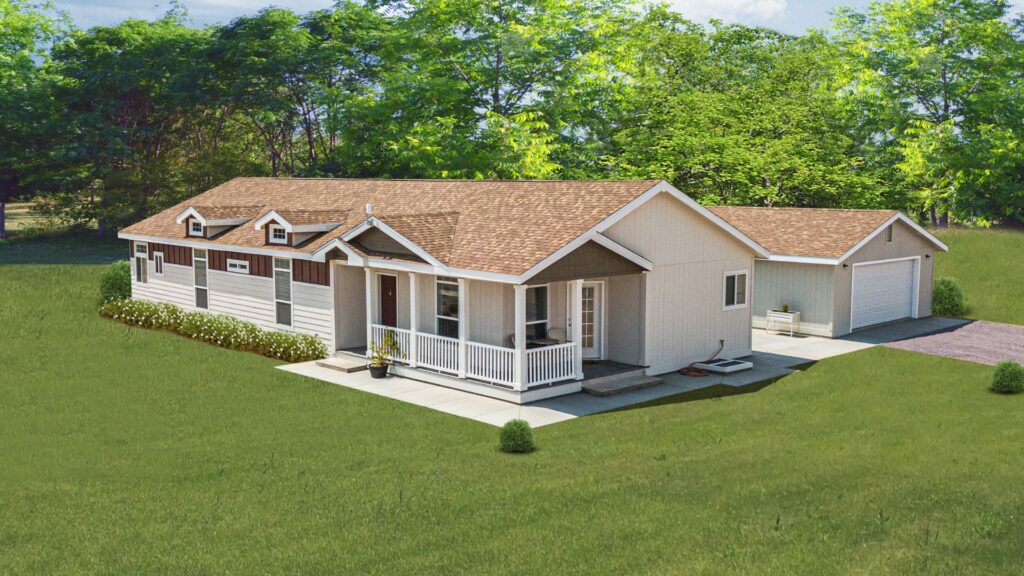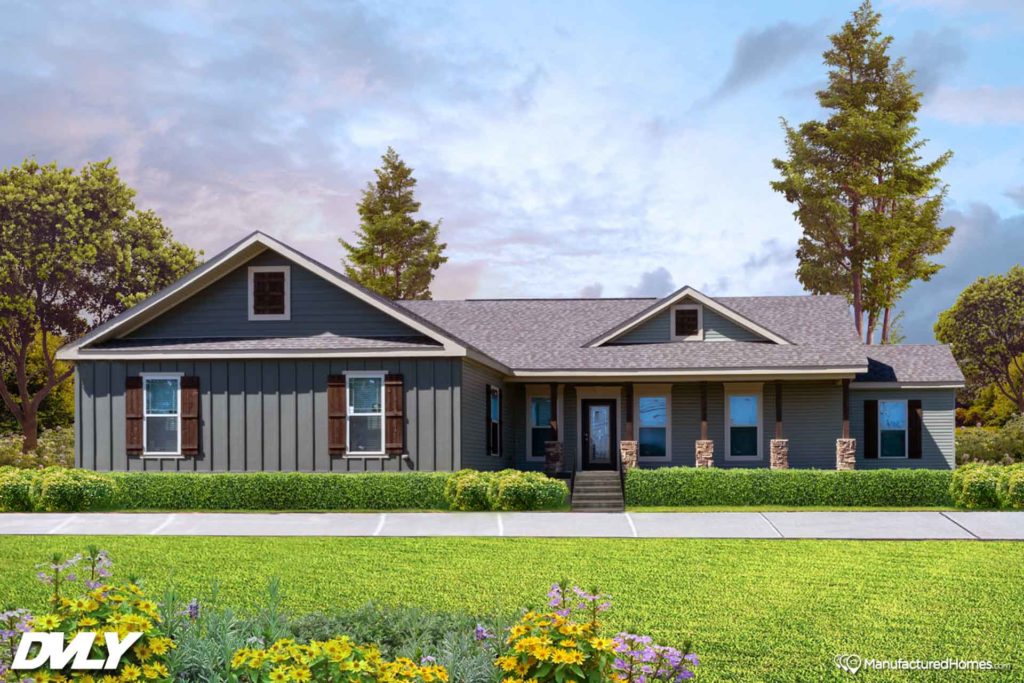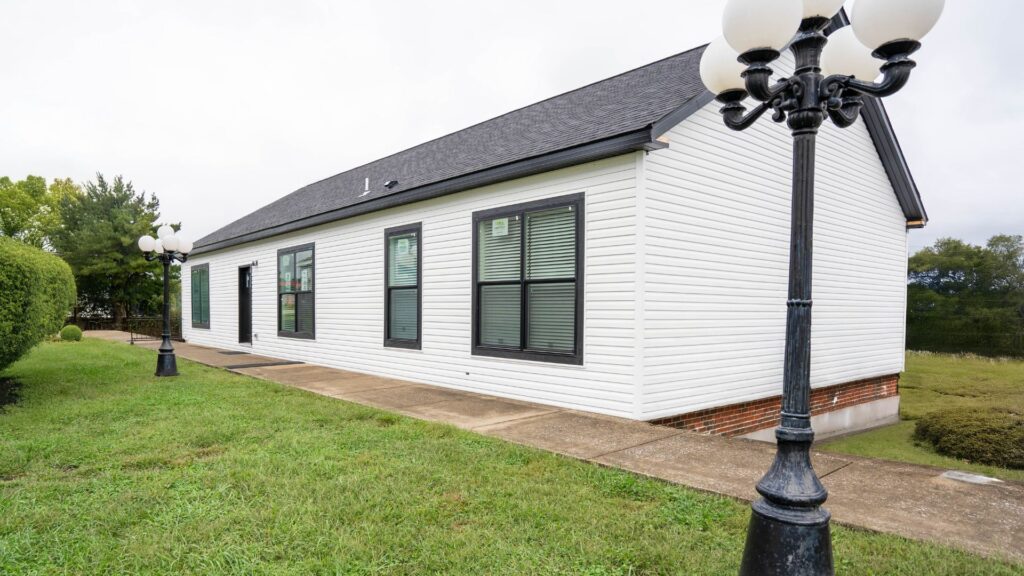When it comes to buying a home, resale value is a significant consideration for many people. But what about modular homes? Are they a smart investment when it comes to selling? In this article, we will explore the resale value of modular homes compared to traditional homes and help you make an informed decision about your real estate investment.
Modular homes have become increasingly popular in recent years due to their affordability, customizability, and quick construction time. However, some people still have reservations about their long-term value compared to traditional stick-built homes. Understanding the resale potential of modular homes is essential for those considering buying or selling in the real estate market.
While modular homes offer several advantages, including lower costs and faster construction, it’s crucial to weigh the potential resale value against traditional homes. By examining key factors that impact resale value, such as quality, location, and market demand, we can gain valuable insight into the long-term investment potential of modular homes.
Modular vs. Traditional Homes: What’s the Difference?
When it comes to resale value, there are several important differences between modular and traditional homes. Modular homes are typically constructed in a factory setting using high-quality materials and advanced construction methods. This ensures that the home is built to exact specifications and higher standards than traditional stick-built homes, resulting in fewer defects and problems down the line.
Additionally, modular homes can be customized to a much greater degree than traditional homes. This allows buyers to tailor the home to their specific needs and tastes, which can add substantial value in the eyes of potential buyers.
When it comes to location, modular homes can offer similar resale value as traditional homes. However, some states have restrictions on where modular homes can be built due to zoning regulations and other factors, so it’s important to check local laws before investing in a modular home.
It’s also important to consider the current market conditions when evaluating the resale value of a modular home. If there is high demand for housing, this can drive up prices and make modular homes more attractive to buyers looking for affordable options. On the other hand, if there is a slow market with little demand, this could negatively impact the resale value of modular homes.
4 Reasons Modular Homes Are as Valuable as Traditional Homes
When it comes to resale value, modular homes are often just as valuable as traditional homes. Here are four reasons why:
1. Quality Construction
Modular homes are built in a factory setting with high-quality materials and advanced construction methods. This ensures that the home is built to exact specifications and higher standards than traditional stick-built homes, resulting in fewer defects and problems down the line.
2. Same Building Standards
Modular homes must adhere to the same building standards as traditional homes. All modular homes must be approved by a local building inspector and meet the same fire, safety, and energy efficiency regulations as traditional homes. This ensures that buyers will get a safe and reliable home regardless of whether it is modular or stick-built.
3. Customization Options
Modular homes can be customized to a much greater degree than traditional homes, allowing buyers to tailor the home to their specific needs and tastes. This can add substantial value in the eyes of potential buyers.
4. Identical Financing & Insurance
Modular and traditional homes are eligible for the same financing and insurance options. This means buyers can get the same mortgages, home equity loans, and insurance policies regardless of which type of home they choose. This provides added peace of mind to buyers who may be wary of investing in a modular home.
Get Started Today
If you’re interested in learning more about modular homes, contact Family Dream Homes. We’re here to help with any questions you may have!



